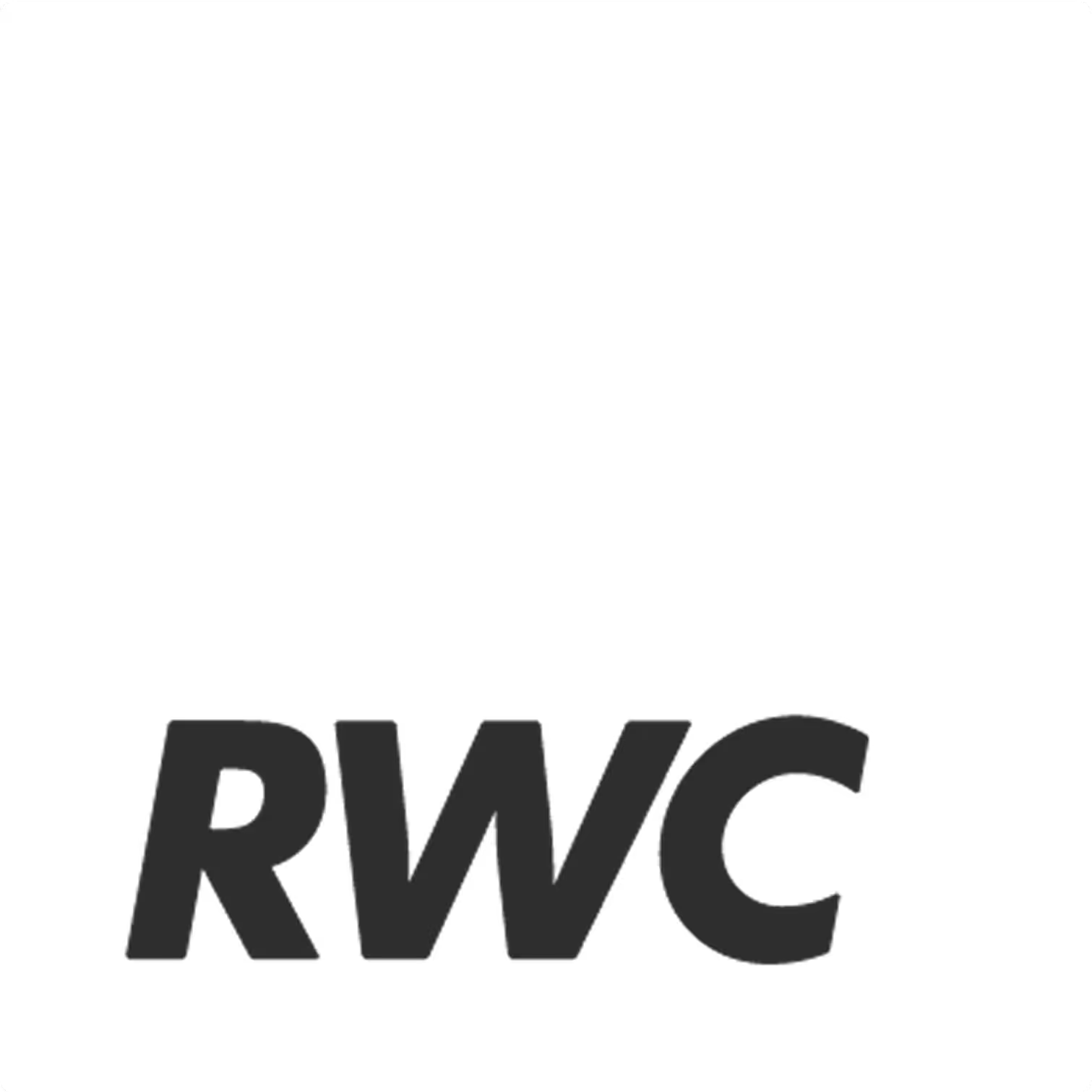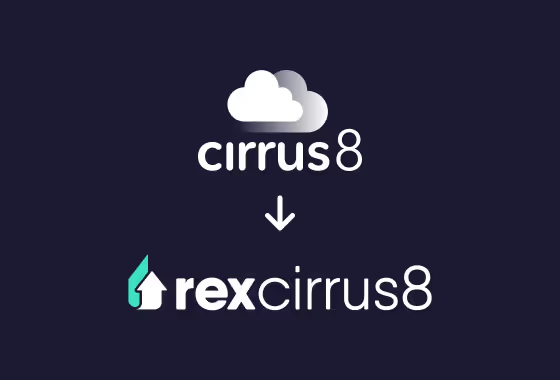Has the time come to offshore your property/trust accounting?

To answer the above question, it is important to have a quick look at how and why offshoring has emerged.
History of globalisation
Globalisation is loosely defined as the exchange of goods or services between countries. This has been happening for many decades now, however, it has gone through a number of different phases. With the recent rapid advancement in technology, a new group of services can be delivered from offshore.
Each phase of globalisation has brought its own set of challenges, as well as apprehension and even hostility as doomsayers fear the negative impact on Australia and on jobs in particular. The fact is that it is impossible to protect or ringfence Australia from global trends and any attempt to do so will make it even more uncompetitive on the global stage and have the opposite consequence to the one intended.
I challenge any one of the doomsayers to declare that they are not using products made overseas. From motor vehicles, to toasters, fridges, TVs and mobile phones most of today’s products are manufactured offshore. The purchase of any one of these items supports the globalisation of the Australian economy so it is hypocritical for people to argue against specific products or services that don’t suit them.
What is offshoring as opposed to outsourcing

Offshoring is the latest phase of globalisation. It is the outsourcing of services to workers in another country, that is, offshore. It is being increasingly used by service industries globally to remain cost competitive. It is not actually a new concept, but rather an adaptation of what began as outsourcing, but the advancement of communication technologies, has enabled services and skills to be provided in real time from one country to another. Initially used only by larger companies, e.g. Telstra call centres, which we are all too familiar with, offshoring is now increasingly accessible to small and medium companies. The big real estate agencies such as Jones Lang La Salle, Knight Frank and CBRE have all offshored some of their operations with varying degrees of success, giving them a competitive advantage over smaller agencies.
It is now easy for smaller agencies to offshore parts of their operations, even if it is less than the equivalent of one full time staff member. The competitive advantage of the majors is thus disappearing.

Benefits of globalisation for property management
For the consumer, globalisation has given access to a far wider range of goods and services at lower prices. For the producer, it has opened up new markets for exporting goods and services.
Research has shown that Australians have prospered more through globalisation than through the previous era of protectionist policies. Although there have been fears that income inequality would cause a race to the bottom, this has not occurred. Australian salaries have actually increased in real terms as there has been an adjustment towards more skilled services being delivered in Australia. This applies equally to the property management industry in which certain functions like property/trust accounting can now be offshored leaving higher paid property management functions and staff in Australia.

The need for offshoring in the property management industry
Offshoring is becoming essential for property management in enhancing the competitiveness and ongoing viability of small and medium sized real estate agencies. It has not only levelled the playing field, but also enables productivity to be increased, and allows access to skills that are not as readily available onshore. Labour cost differentials are often an important, but not the sole, consideration. Australian labour costs are often 10 times higher than some developing countries but staff costs should never be the sole consideration.
One only has to look at what is happening in the general accounting space with regards to offshoring certain bookkeeping services to predict what is likely to happen with property management services.
The “Big Four” real estate agencies are widely known to be offshoring part of their property management activities. Small/medium real estate agencies have an advantage as they are more nimble than some of their competitors who are already offshoring but might not have chosen the optimum location or provider.

To quote the Productivity Commission:
“By a range of indicators Australian firms have become much more productive and innovative, including through the adoption of new technologies”.
The risk for real estate agencies in not offshoring is becoming higher than ever before.
High performing real estate agencies are offshoring to gain a competitive advantage, enabling them to increase market share quicker than those stuck with outdated business models.
Risks of offshoring

As with any business decision it is important to weigh up all the benefits and risks before making a decision. Some of the considerations include: language and communications, specialist skills, IT infrastructure (web connection and reliability), time zone, HR policies, security of data, trust accounting software, execution risk, political and country risk.
Where to offshore property/trust accounting services
The two major regions for offshoring property/trust accounting are India and the Philippines. The Philippines has more recently become the preferred choice for business process outsourcing for a number of reasons:
- English proficiency is higher
- Lower turnover of staff
- The government supports the BPO industry
- Better security of information (refer to Philippines Data Privacy Act)
- Closer cultural ties to Australia
Various offshoring models
There are several offshoring models.
- You can offshore a service/function, which is no different to outsourcing except that the staff are offshore. This is normally suitable for a specific, specialised function in which the responsibility for that function is transferred to the service provider. When utilising a tried and tested service provider this method has an extremely high success rate.
- The other option is to ‘lease’ the offshore resources required, also called the ‘do it yourself model’. This option is more intensive to manage as the responsibility for the staff, training, quality control etc. remain with the main entity.
Although at first glance this option looks more attractive, as it seemingly costs less, when you factor in the additional management time and cost of staff training and turnover it is not as viable. It is also much less successful, with over 80% failure rates reported for SME Australian companies. Additionally, the Gartner Group has previously reported a higher than 50% failure rate of outsourcing.

How to offshore property/trust accounting
The overriding gauge of success is to find a tried and tested provider or experienced consultant who can give you good advice and guide you through the implementation and change management processes.
Steps to follow
- Choose an experienced consultant or service provider
- Decide on the functions to be offshored
- Identify resource requirements
- Review current trust accounting software
- Set implementation timeframe
- Plan change management processes
- Undertake training
- Transition services offshore
Software is the second major key to successfully offshoring property/trust accounting functions. It is important to have cloud based software that lends itself to outsourcing/offshoring some of the functions. You might increase your chances of success by changing software in order to receive all the benefits of offshoring.
Those functions that are offshored need to be clearly defined and it should be easy to control the quality of the work. Methods of communication should be clearly established, with a number of mediums being available today e.g. Skype, telephone (VoIP), email or a combination of the above.
Conclusion
The biggest offshoring growth area in the property management industry is property/trust accounting. The time has arrived for all sizes of real estate agencies to seriously look at the benefits of offshoring their property/trust accounting operations and take the necessary steps to make it happen, in order to future proof their business.
Don’t miss these related posts

The rise of smart buildings: How technology is transforming commercial real estate
The commercial real estate (CRE) industry is undergoing a profound transformation, driven by rapid technology advancements. Smart buildings – equipped with cutting-edge automation, artificial intelligence (AI), and the Internet of Things (IoT)...

Is your commercial property management business sale ready?
There are several factors to consider when you are planning to move software platforms. Particularly if the software in question is key to your business daily operation and profitability. One of the most common mistakes is starting the process too late and trying "shoe horn" to in all of the precursor work, which often determines whether the transition is smooth or otherwise.
We’re driving technology for Commercial Property Management






Start winning more listings and power your business with RexCirrus8






